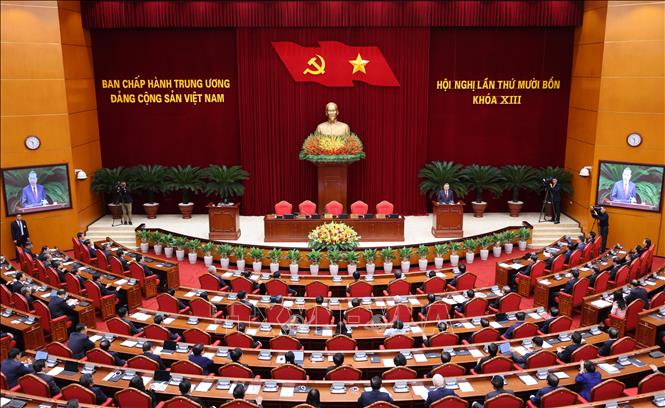
Closing session of the 14th Conference of the 13th Party Central Committee. Photo: Lam Khanh/VNA
To choose “the right person for the right job”, the cadre evaluation process must be accurate so as not to waste human resources, as President Ho Chi Minh said in “Letter to the Northern comrades” (March 1, 1947): Using people is like using wood. A skilled craftsman can use wood of any size, small, straight, or curved, depending on the situation.
In the letter, Uncle Ho advised on building, using and arranging the staff on the basis of correctly assessing the staff, clearly knowing the staff's capacity to promote them correctly, arranging and using staff reasonably, appropriately, for the right person, the right job, and the right strengths.
To be good at “woodworking”, we must have a measuring tape and a ruler (literally, a measuring tape and a carpenter’s ruler) to aim straight and avoid deviation. Uncle Ho taught: “The masses only respect people with character and morality. To guide the people, we must be a model for them to follow.”
The comprehensive handbook on "measures" for cadres in the current context is Regulation No. 377-QD/TW dated October 8, 2025 of the Politburo on decentralization of cadre management and planning, appointment, nomination, temporary suspension, dismissal, resignation, and dismissal of cadres. Here, there are criteria to "measure" the qualities and capacities of cadres that are both representative and detailed, specific to each cadre level, task, job, field, and locality.
Regulation No. 377 is not only "overarching", replacing Regulations 50, 51, 80 and 148, but also has many innovations, both raising requirements on the procedures for appointment, nomination, dismissal, and resignation, but in some issues it is more "dynamic" and humane.
Regulation 377 is considered a "comprehensive handbook" on cadre evaluation because it is a detailed, systematic and complete guidance document, clearly regulating personnel work. This regulation is an important legal corridor to ensure the unified leadership of the Party and improve the quality of cadres.
The “New Manual on Cadre Evaluation” clearly defines the responsibilities of the Central Executive Committee, the Politburo , the Secretariat, Party committees, Party organizations and heads of agencies and units in cadre management; determines detailed processes and procedures for planning, appointing, reappointing, recommending candidates, re-electing, temporarily suspending work, removing from office, resigning, dismissing, as well as regulations on disciplining cadres. The way cadres are screened here is very transparent - there are exits, there are ins, there are promotions and there are downs, there are rewards, there are penalties, there are pre-inspections and post-inspections.
Regulation 377 is of special importance in the field of party building, especially when the 14th Party Congress is about to take place.
A standard ruler is a key requirement for a carpenter, in order to “use wood big or small, straight or curved, depending on the place”. Correctly evaluating cadres is a key step in personnel work so that the responsible agency can decide whether or not to use, train, plan, appoint… Wrong measurement - damaged wood, wrong evaluation of cadres - waste of human resources, even causing harm to the organization and agency.
Evaluation of cadres is the premise, creating the basis for planning, appointment, nomination, election, dismissal, removal from office, and discipline. However, this process is not a “one-way street” and later the actual results of planning, appointment, election, etc. will also “feed back” to the conclusion of right and wrong in the cadre evaluation stage.
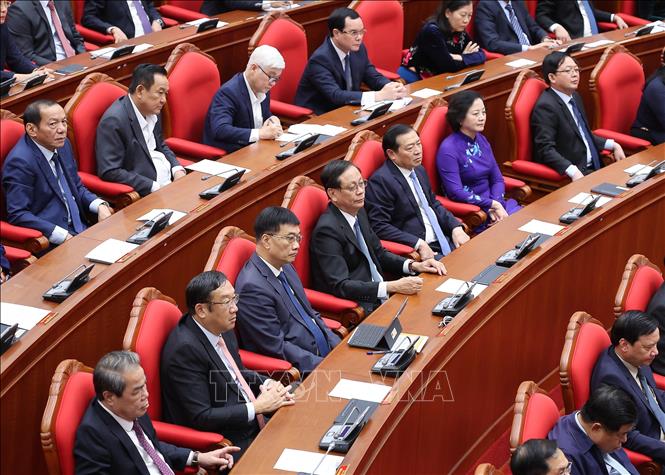
Central Committee members attend the closing session of the 14th Conference of the 13th Party Central Committee. Photo: Lam Khanh/VNA
“Handbook 377” helps to expose the stages of the personnel process when post-inspection is needed, in a very transparent manner, avoiding the situation of blaming, avoiding responsibility or “making peace with the whole village”. Who, which agency manages which level of cadres, including in or removing from the planning, appointing, re-electing, electing, dismissing, disciplining… all have specific and clear regulations.
For example, regarding the issue of responsibility in appointing cadres and recommending candidates, Regulation 377 emphasizes the role of the head of the organization or agency, not just collective responsibility. Raising the responsibility of the head in all fields demonstrates the political determination of our Party and State to clean up the apparatus, tighten party discipline and the law according to the principle that "the higher the position, the greater the responsibility".
Evaluating cadres is an important but not easy task, because many contents in previous regulations are quite general, only qualitative but not quantitative. This is one of many reasons why evaluating cadres is still a weak link in the Party's personnel work.
Recent practice has shown that, due to the very different nature of each type of work of cadres, the requirement is that in addition to general regulations, it is necessary to concretize into specific standards and norms for each position and cadre level, so that it can be quantified and measured. The connection between the results of cadre assessment and planning, appointment, dismissal, rewards, discipline, etc. is also not tight, objective, and transparent.
“Handbook 377” was created to meet the demand for quantifying standards to help objectively evaluate the qualities, capacities, and performance results of cadres and party members, overcoming the situation of having many separate regulations on cadre evaluation but the quality is not high, lacking system and strategy, so overlapping and unstable.
Regulation 377 of the Politburo is considered a new step forward in the process of perfecting the cadre assessment mechanism, the first important step in cadre work, an area which, according to General Secretary To Lam, "is the core of the core because everything is decided by people".
Source: https://baotintuc.vn/thoi-su/muc-thuocmoi-ve-can-bo-cam-nang-toan-dien-377-20251107162928504.htm








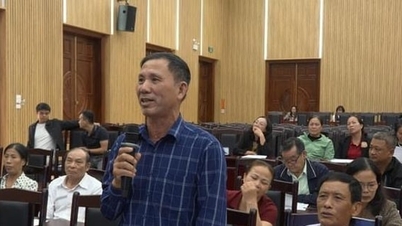

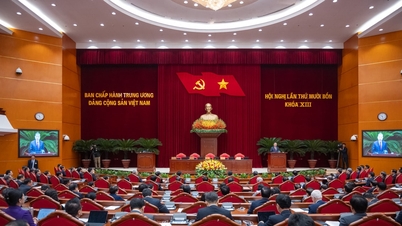

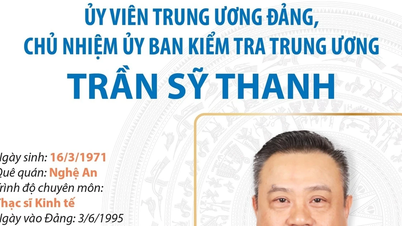






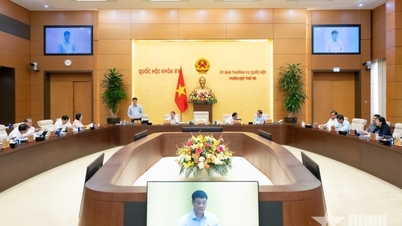






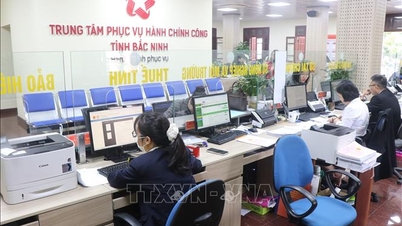









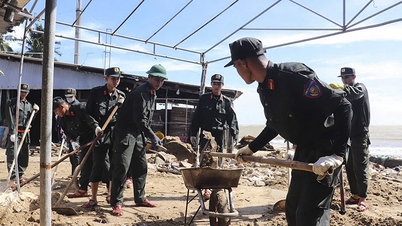





![[Video] Hue Monuments reopen to welcome visitors](https://vphoto.vietnam.vn/thumb/402x226/vietnam/resource/IMAGE/2025/11/05/1762301089171_dung01-05-43-09still013-jpg.webp)
































































Comment (0)